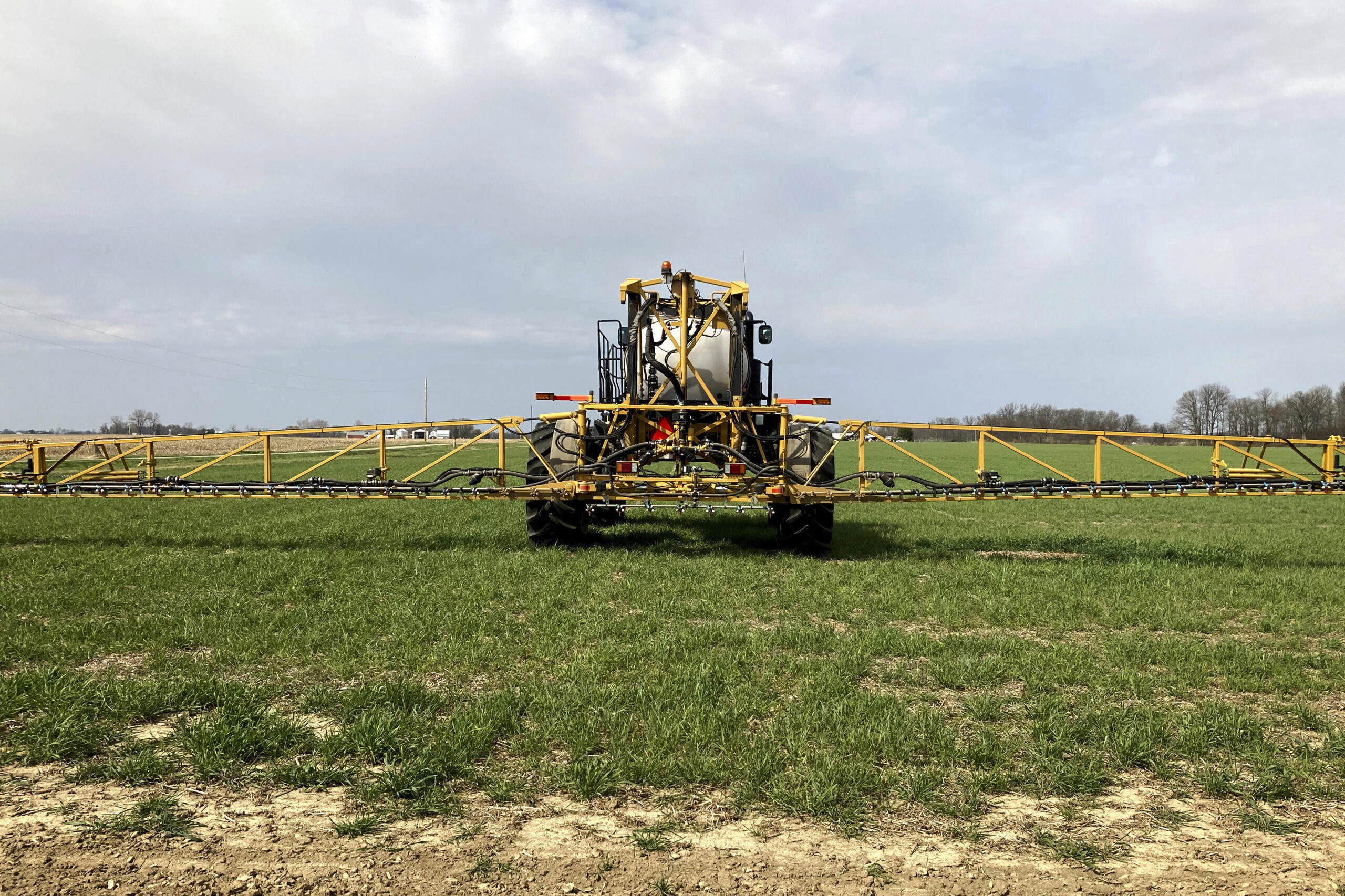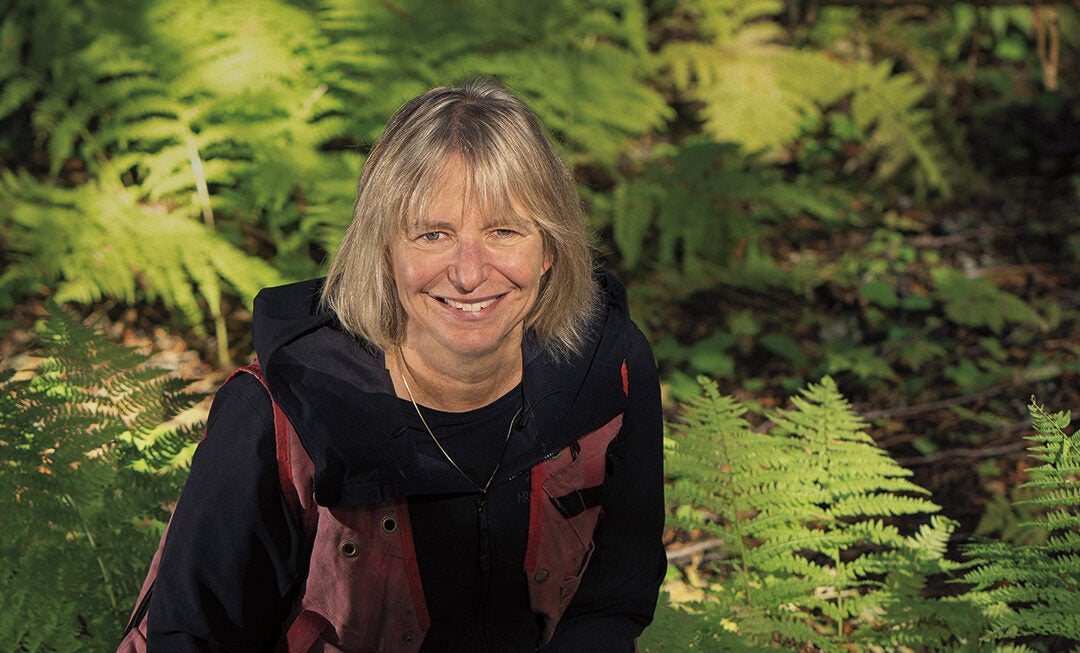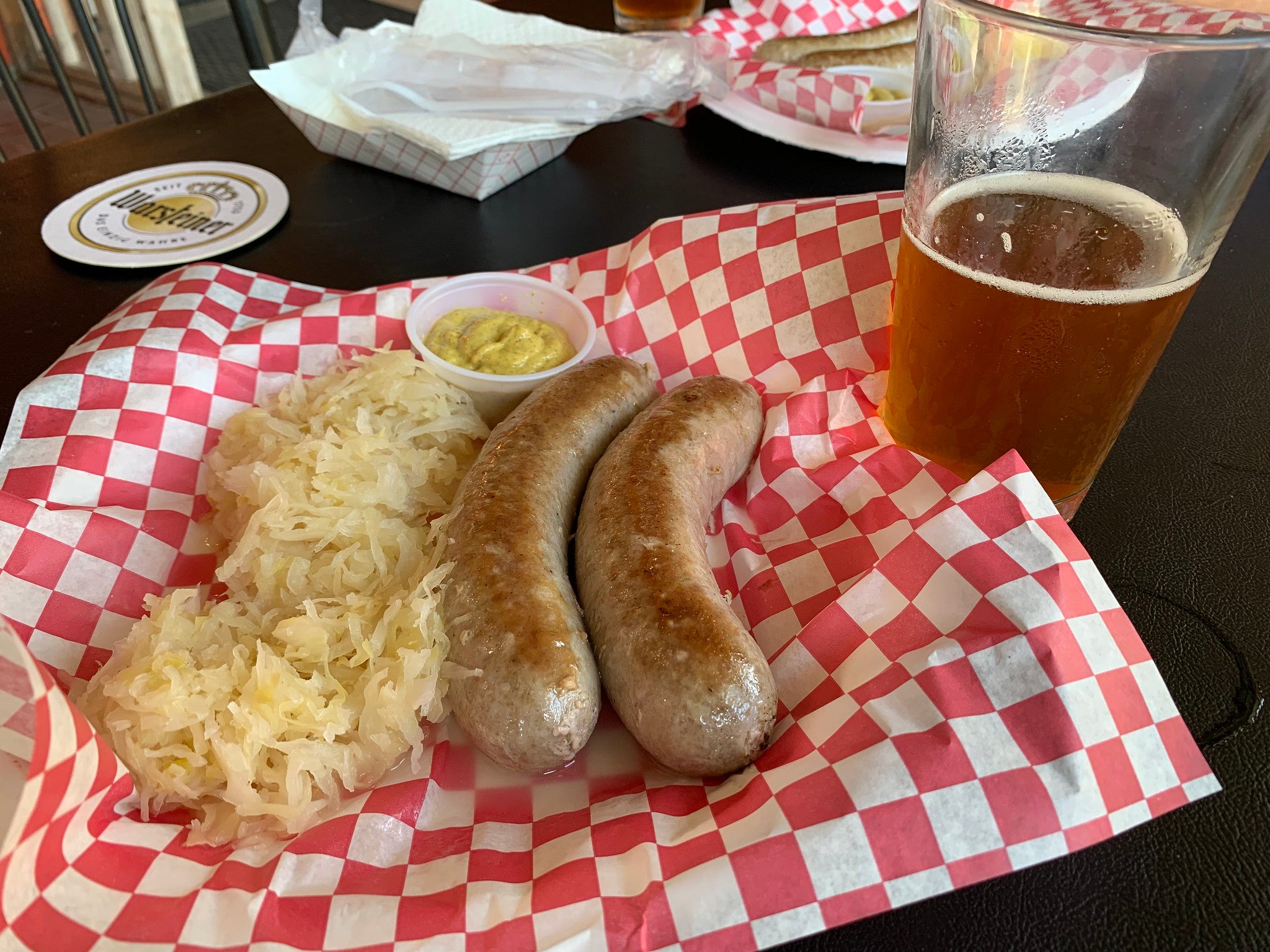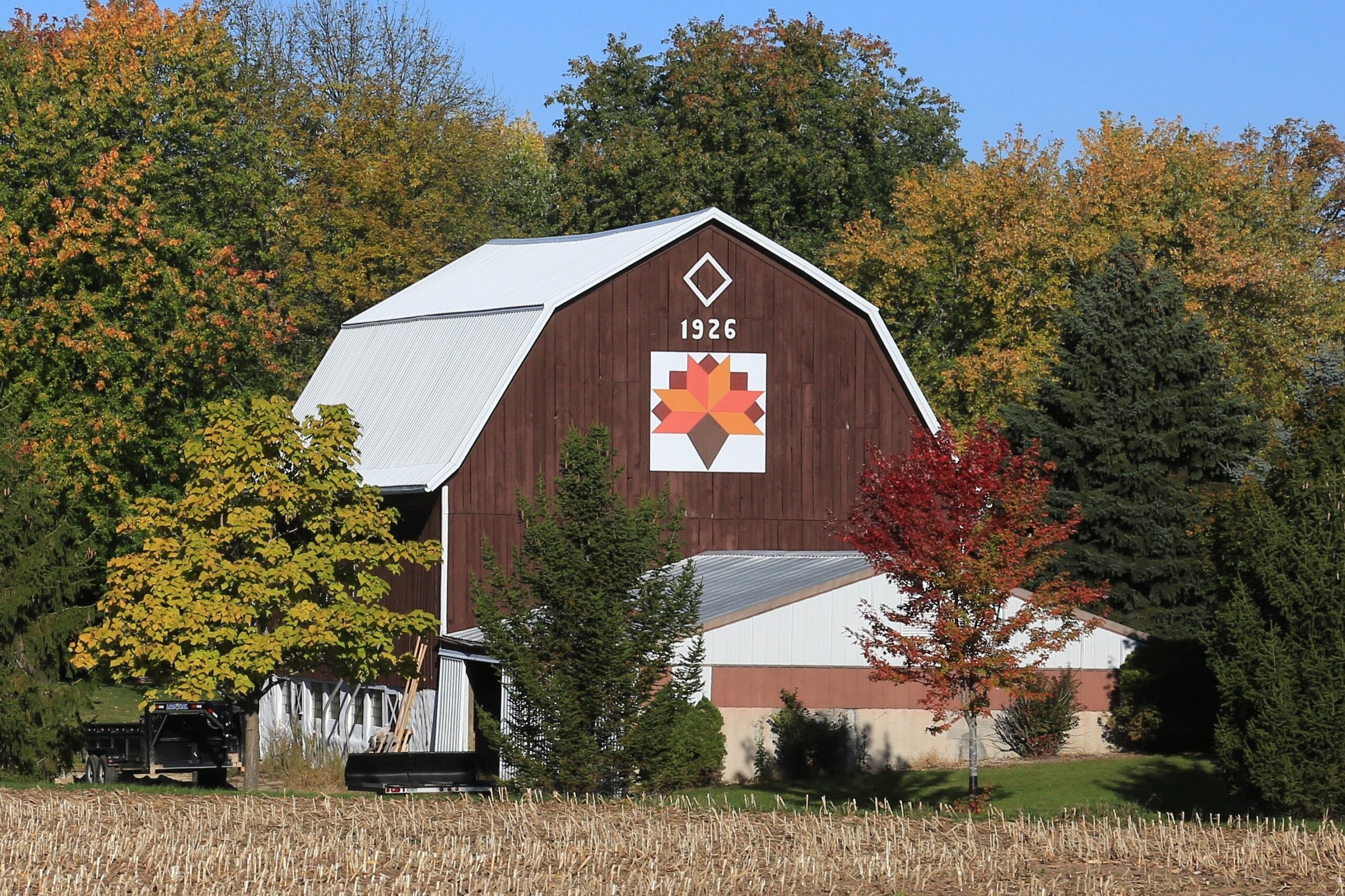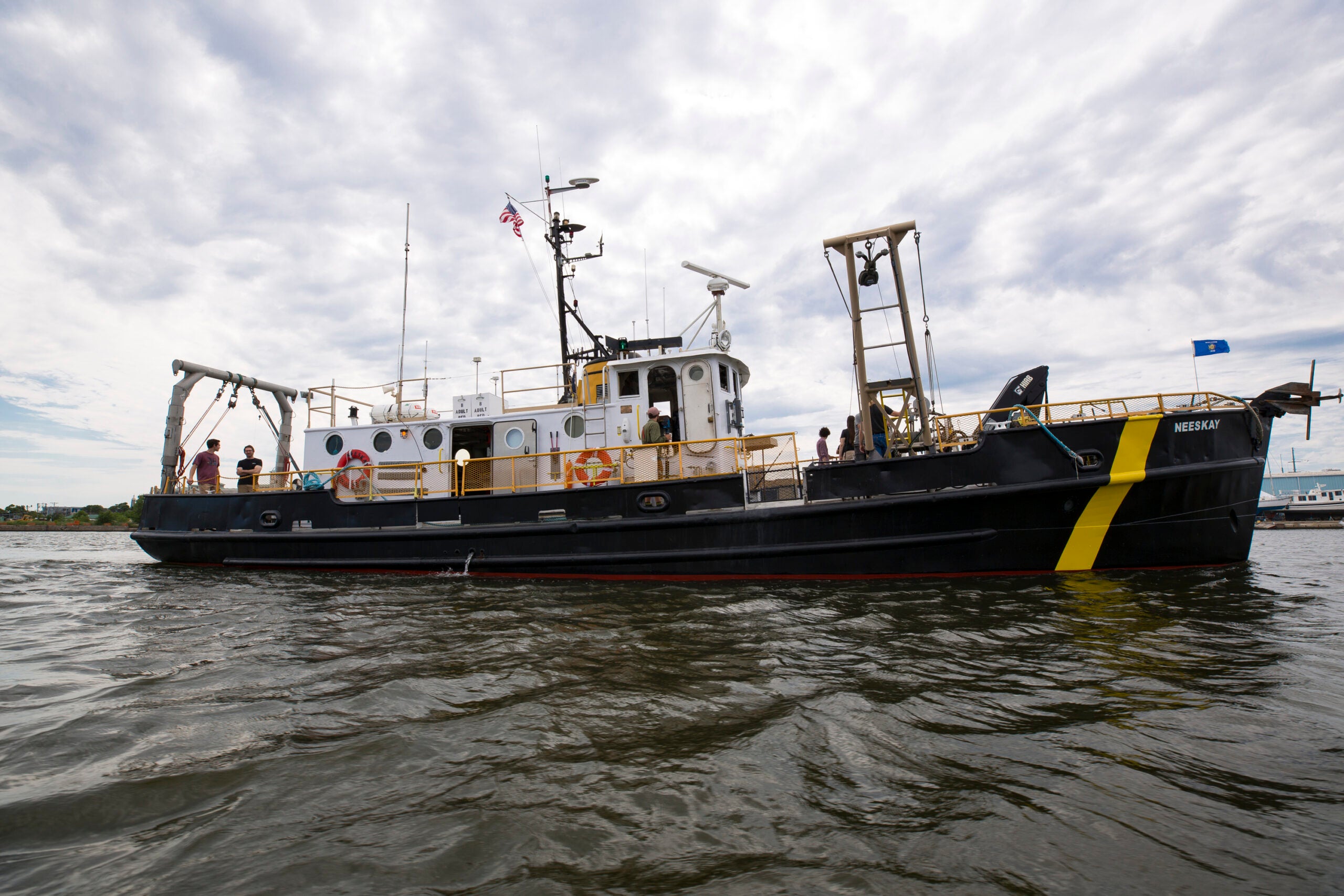The state’s new soil scientist, Jennifer Smith, said she wants to foster an agricultural system across Wisconsin that mimics Mother Nature by protecting the soil from erosion and diversifying the microbes that live there to improve Wisconsin’s soil health.
In her role, Smith and other soil scientists will complete field assessments that inform landowners about the health of their soil. Then, the scientists will focus on finding solutions to those problems, for example improving organic matter or fixing erosion problems.
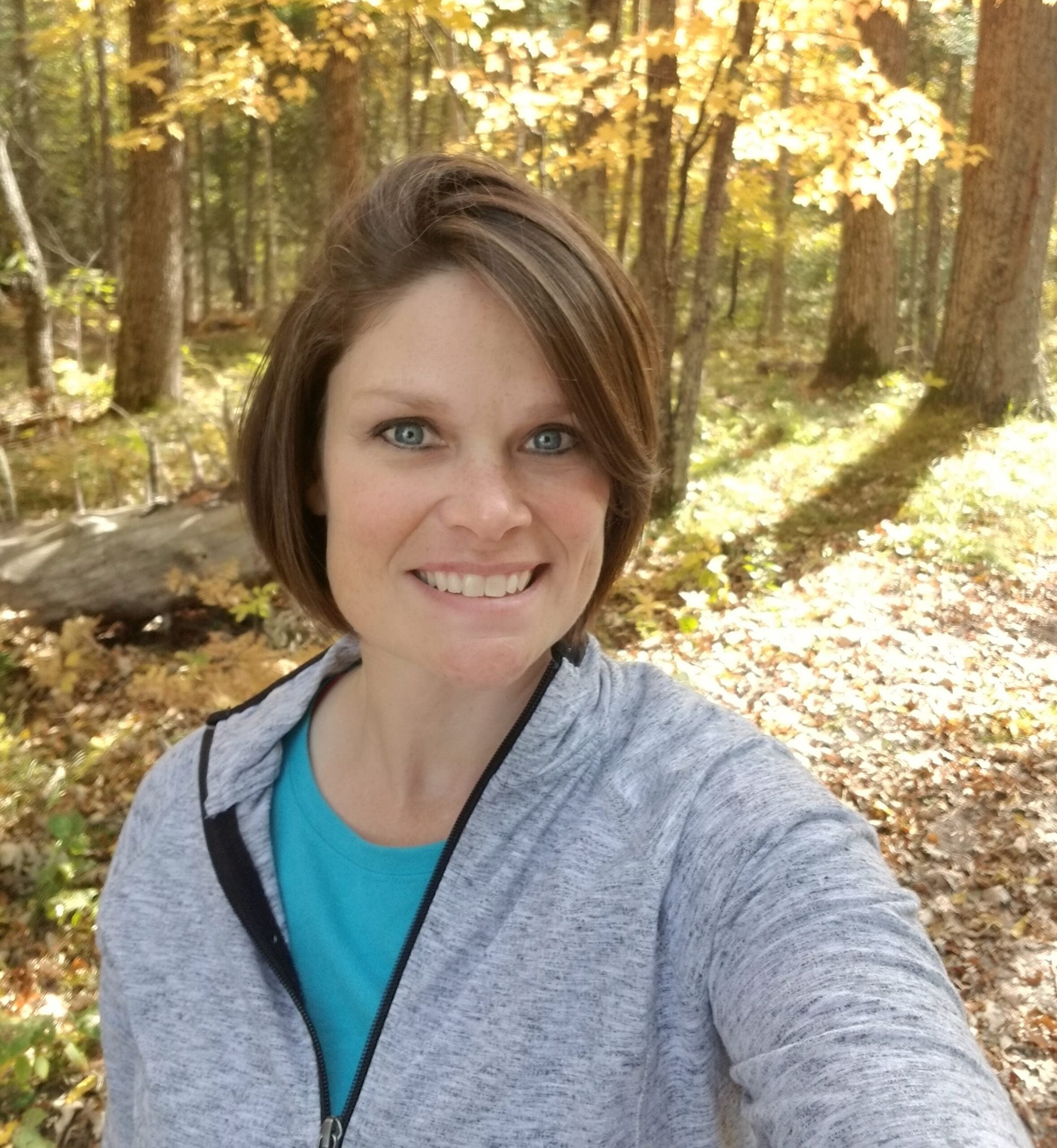
Stay informed on the latest news
Sign up for WPR’s email newsletter.
“We can do certain assessments and see where your soil’s at, and then make recommendations (on) how to improve,” she said.
The state soil scientist’s office is housed within the U.S. Department of Agriculture’s Natural Resources Conservation Service (NRCS). Smith was the first woman named to the position, which she took over in March. She’ll lead teams in developing, managing and directing the state’s soil services program.
This interview has been edited for brevity and clarity.
Kate Archer Kent: Give us a thumbnail sketch of what a soil scientist is.
Jennifer Smith: A soil scientist goes out and looks at the soil properties — physical, chemical and biological. Back in the day, we used to only really look at those physical properties and how to grow crops in it. But now it’s so much more. We’re really looking into soil health to make sure that we have a sustainable ecosystem, and we can continue to grow our crops.
KAK: It’s notable that you are our state’s first female soil scientist.
JS: Yeah, I just recently found out about that. I am truly honored.
I’m not going to lie, I feel the pressure, but I’m excited. I’m excited to be in Wisconsin. I’m still new in the job, but I can’t wait to get going and meet landowners in Wisconsin and continue to spread the word of soil. I love soil and I love talking about soil.
KAK: We often hear about healthy soil, but what actually makes a soil healthy?
JS: It’s not really a new concept, but it’s one of our buzz words. And we really do want to make sure that we have healthy soils.
That’s because soil is vital to life. We can’t live without it, and it’s not a renewable resource.
Healthy soil is something that can continue growing our crops. And, Mother Nature made it to act like a sponge. So in those years when there’s a drought, and if the soil is healthy, it can hold on to that moisture. In the summer, when we were going through those dry periods, that water’s still available to our plants.
A healthy soil has great soil structure and great organic matter. So with NRCS, we have four principles: so we want to minimize the soil disturbance, we want to maximize our diversity, keep the soil covered and maximize the living roots.
If we could kind of mimic Mother Nature, then we can build healthier soils.
KAK: Why is this soil so important in our state?
JS: Well, we’re a huge farming community. We feed the world.
I saw this quote that a fellow former graduate student and current soil scientist had on her email: “There is no life without soil and no soil without life.”
In Wisconsin and in the Midwest farming communities, we really want to take care of our soil. Once that fertile topsoil — that black, beautiful soil — once it’s gone, it’s gone. We can’t get it back. So we need to figure out how to keep it healthy, how to keep it on our land and not blowing or washing off to our neighbor’s land.
Wisconsin Public Radio, © Copyright 2025, Board of Regents of the University of Wisconsin System and Wisconsin Educational Communications Board.

